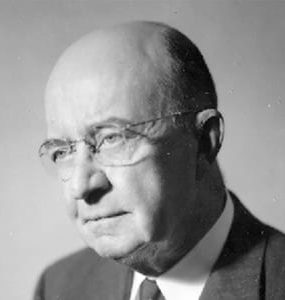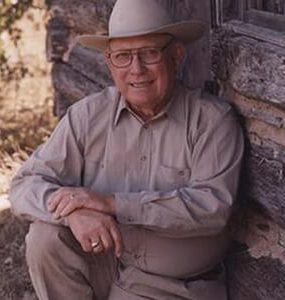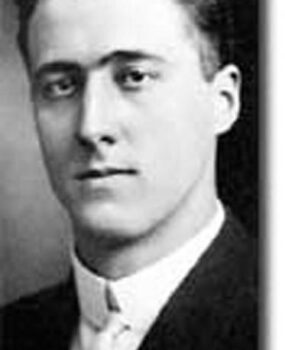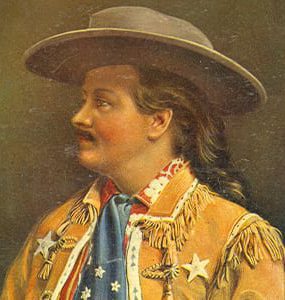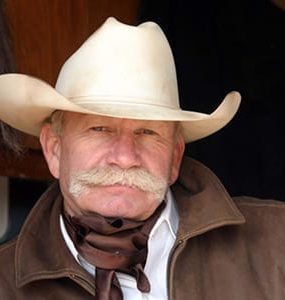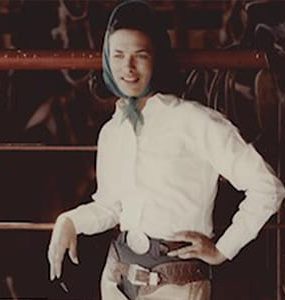Bio
Walter Prescott Webb (1888–1963) was an influential American historian known for his groundbreaking work on the American West. Born in Panola County, Texas, Webb grew up in a rural, arid region, deeply influencing his understanding of frontier life. He attended the University of Texas at Austin and later joined its history faculty, where he wrote his most significant works.
Webb’s landmark book, The Great Plains (1931), examined the impact of the environment on the development of the American West, emphasizing how geographical challenges shaped the institutions and cultures of the region. He is also well-known for The Texas Rangers (1935), a comprehensive history of the legendary law enforcement group, though it has since been critiqued for its defense of frontier violence. Webb’s Divided We Stand (1937) explored regional tensions in the United States, while his later work, The Great Frontier (1951), proposed the “Boom Hypothesis,” which argued that the closing of the frontier posed economic and ecological challenges to American democracy and individualism.
Webb’s contributions extended beyond his writings; he was a key figure in the Texas State Historical Association, launching the Handbook of Texas. His critique of federal water policies in the West, particularly in his 1957 Harper’s article “The American West, Perpetual Mirage,” anticipated later debates about sustainable resource management.
Webb died in 1963 in a car accident near Austin, Texas. His legacy endures through his writings, the Walter Prescott Webb Chair of History at the University of Texas, and his induction into the Hall of Great Westerners.

